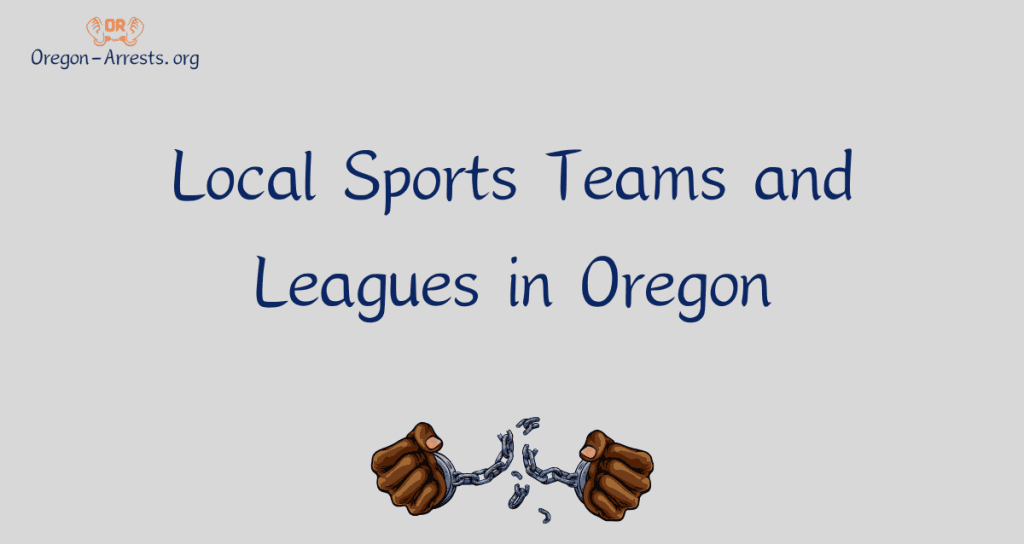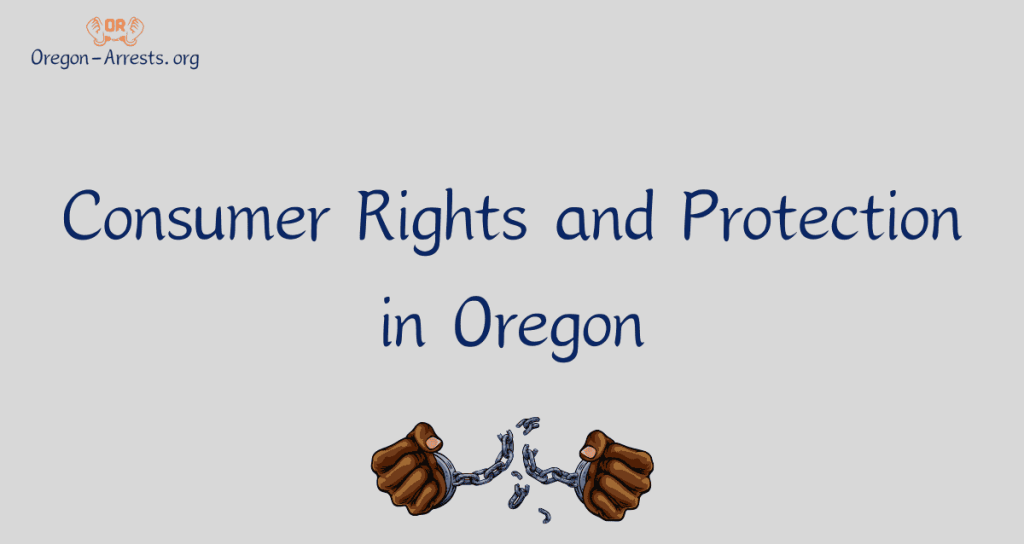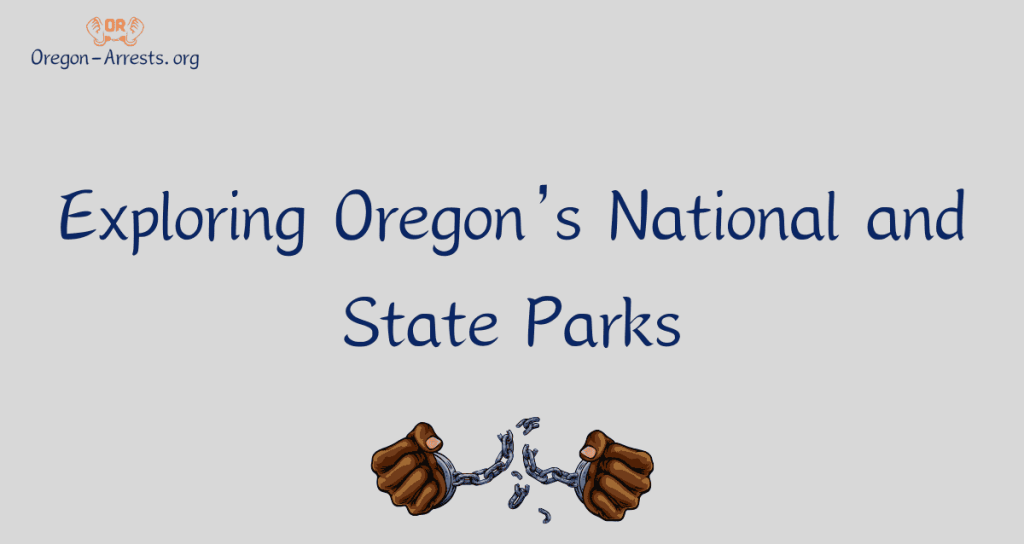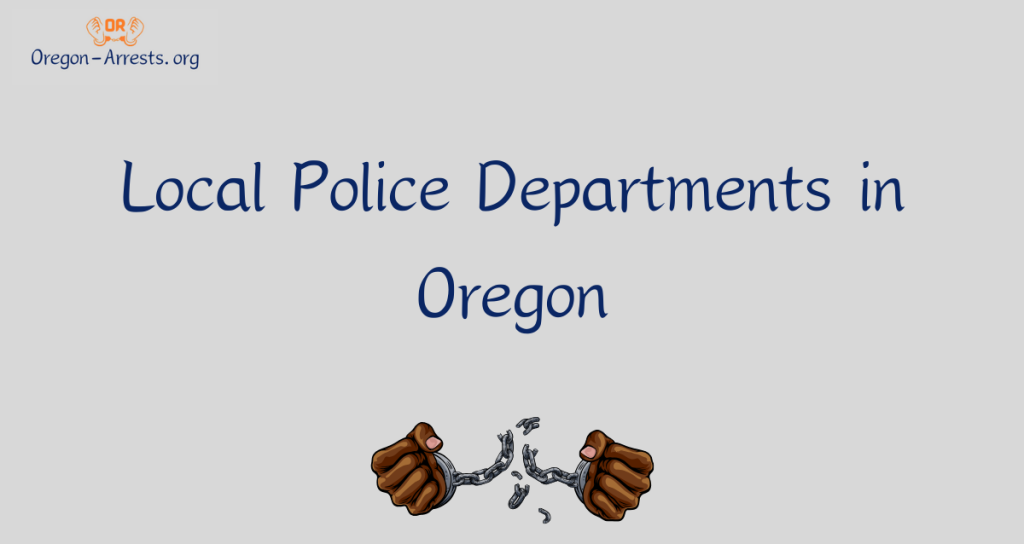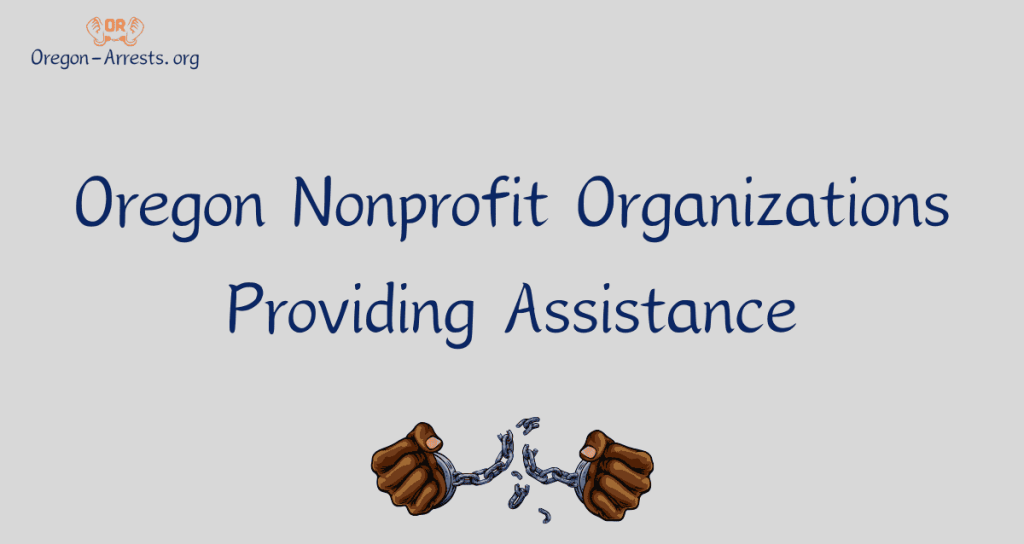Role of Law Enforcement in Community Policing in Oregon
Community policing is a concept that has gained significant recognition and importance in recent years. Its philosophy and strategy emphasize building strong relationships and partnerships between law enforcement agencies and their communities. Oregon, like many other states, has embraced the principles of community policing as a means to create safer and more vibrant communities. In this Comprehensive Guide, we will delve into the vital role that law enforcement plays in community policing in Oregon, exploring its historical context, fundamental principles, challenges, and success stories.
Historical Background
To understand the role of law enforcement in community policing in Oregon, it’s essential to examine the historical context. Community policing in the state has evolved significantly over the years. Initially, law enforcement agencies operated with a more traditional, top-down approach. However, recognizing the need for change and better community relations, they transitioned towards community-oriented policing models. This shift marked a crucial turning point in how law enforcement interacted with Oregon’s communities.
Fundamental Principles of Community Policing
Several fundamental principles, including problem-solving, community engagement, and collaboration guide community policing. Law enforcement agencies in Oregon actively embrace these principles in their daily operations. They understand that community policing is about maintaining law and order and fostering a sense of security and trust within the community.
Collaborative Efforts
One of the cornerstones of community policing is collaboration between law enforcement agencies and the community. Oregon has witnessed numerous successful examples of this collaboration. Police departments work hand-in-hand with community organizations, local businesses, and residents to address crime prevention, drug abuse, and neighborhood safety.
Building Trust
Building and maintaining trust between law enforcement and the community is paramount. Without trust, community policing efforts are less effective. Law enforcement agencies build trust in Oregon by promoting transparency, accountability, and open communication channels. They aim to be approachable and accessible to community members.
Problem-Solving Approach
Community policing employs a problem-solving approach. Law enforcement agencies in Oregon use data and community input to identify and address the root causes of issues. This proactive approach helps prevent problems from escalating and fosters a sense of safety among residents.
Prevention and Education
Law enforcement agencies in Oregon play a critical role in crime prevention. They initiate various educational programs for schools and community groups to raise awareness about safety and crime prevention strategies. By investing in education, law enforcement contributes to creating a safer environment.
Community Engagement
Community engagement is an ongoing effort by law enforcement agencies in Oregon. They organize community meetings, participate in neighborhood events, and actively listen to residents’ concerns. Engaging with the community helps in problem-solving and strengthens the bond between law enforcement and the public.
Challenges Faced
While community policing has its advantages, it also comes with challenges. Law enforcement agencies in Oregon must navigate issues such as resource constraints, resistance to change, and the need for constant training and adaptation. Overcoming these challenges requires dedication and commitment.
Success Stories
Oregon has witnessed numerous success stories where community policing has significantly impacted. Crime rates have decreased in many neighborhoods, and residents report feeling safer. These measurable outcomes highlight the effectiveness of law enforcement agencies’ efforts in community policing.
Future Prospects
The future of community policing in Oregon is promising. Law enforcement agencies continue to evolve and improve their strategies. Embracing technology, increasing community engagement, and addressing social justice issues are critical focus areas for the future.
Training and Development
Continuous training and development of law enforcement officers are crucial for the success of community policing. Oregon agencies prioritize ongoing education to ensure officers have the necessary skills and knowledge to interact effectively with the community.
Public Perception
The way the public perceives law enforcement plays a significant role in community policing. Agencies in Oregon actively work to improve public perception through transparency, accountability, and community outreach programs.
Community Policing and Social Justice
Community policing and social justice are closely intertwined. Law enforcement agencies in Oregon are committed to ensuring that their practices are fair and unbiased and promote equality for all residents. They actively work towards eliminating disparities in policing.
FAQ’s
What is community policing?
Community policing is a proactive approach to law enforcement that focuses on building strong relationships between law enforcement agencies and the communities they serve. It involves collaboration, problem-solving, and shared responsibility to address crime and social issues.
How does community policing benefit the community?
Community policing encourages trust and cooperation between law enforcement and community members. It helps create safer neighborhoods, reduces crime rates, improves quality of life, and promotes positive interactions between law enforcement officers and community members.
What role do law enforcement agencies play in community policing in Oregon?
Law enforcement agencies in Oregon play a crucial role in community policing. They are responsible for implementing community-oriented strategies, engaging with community members, and collaborating with other local organizations to address community concerns and prevent crime.
How do law enforcement agencies in Oregon engage with the community?
Law enforcement agencies in Oregon engage with the community through various initiatives such as neighborhood watch programs, community meetings, school resource officers, community events, and outreach programs. They actively seek input from community members to understand their needs and concerns.
What challenges do law enforcement agencies face in community policing in Oregon?
Some challenges law enforcement agencies face in community policing in Oregon include limited resources, lack of trust between law enforcement and specific communities, cultural and language barriers, and the need for ongoing training and education for officers to implement community policing strategies effectively.


